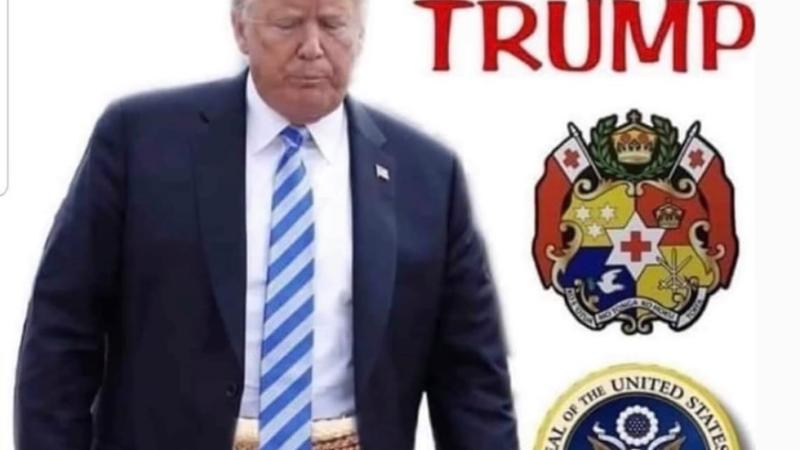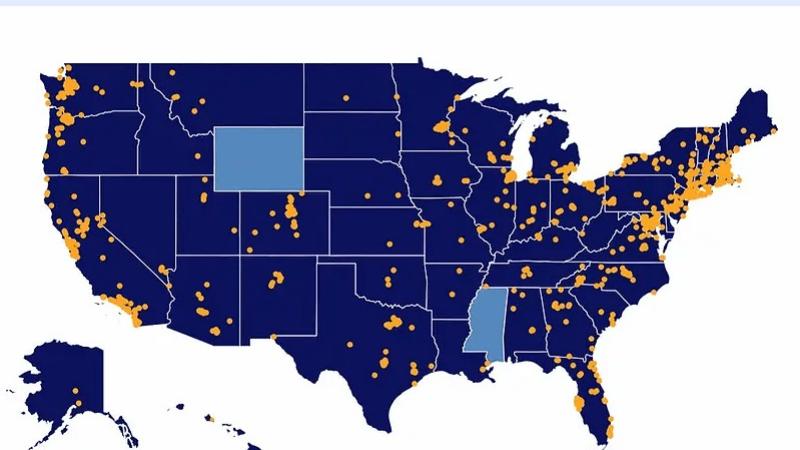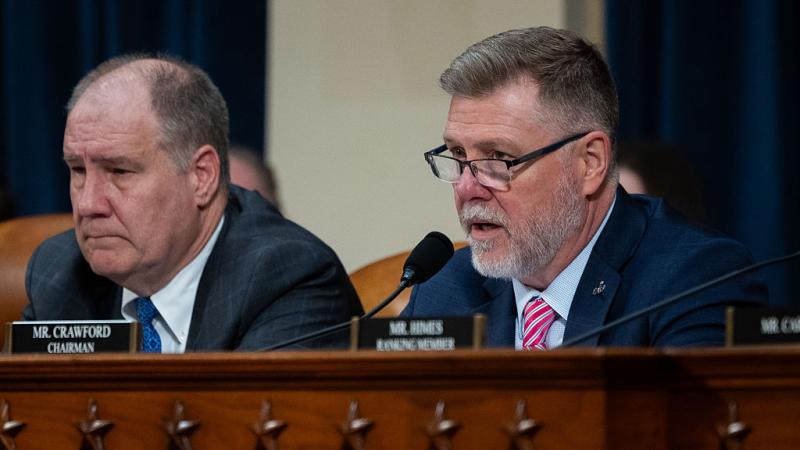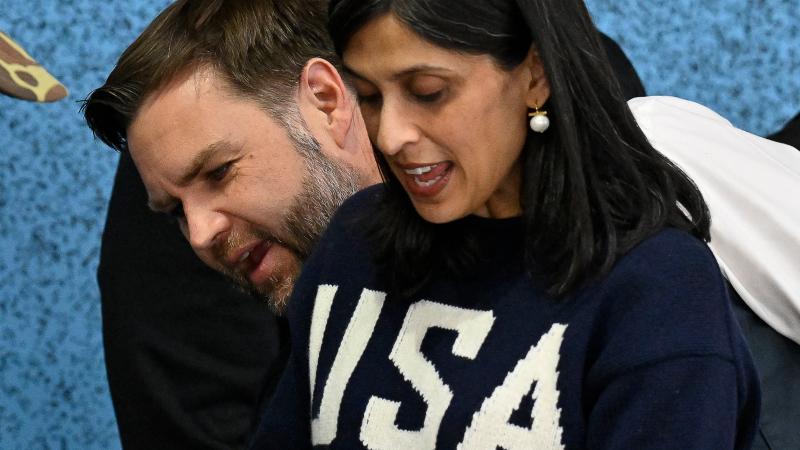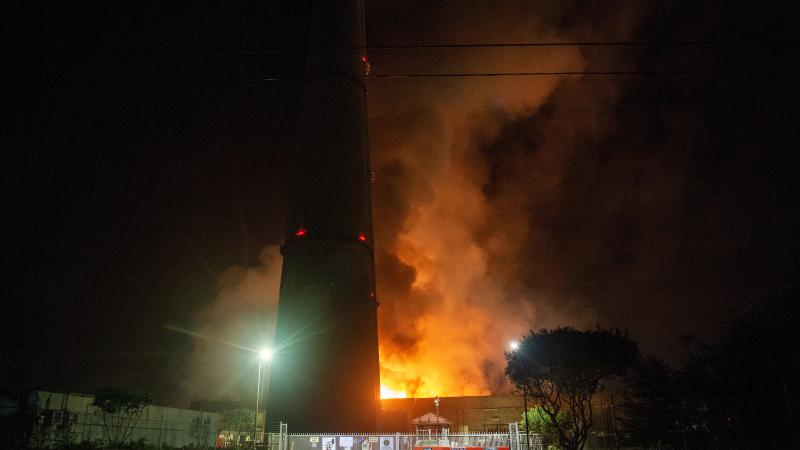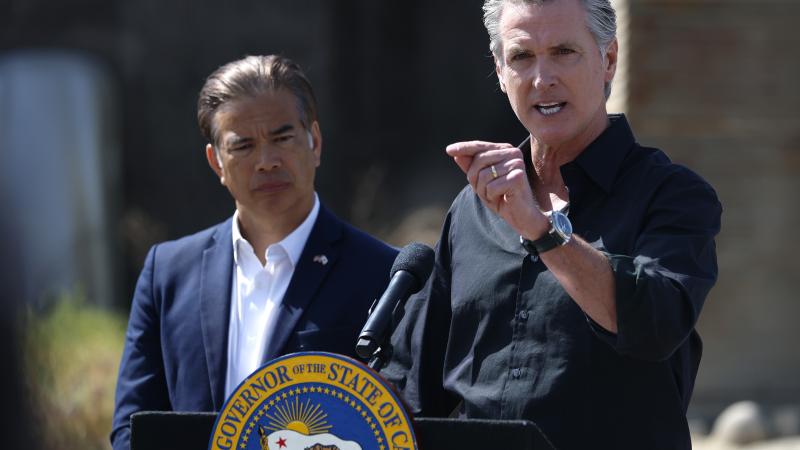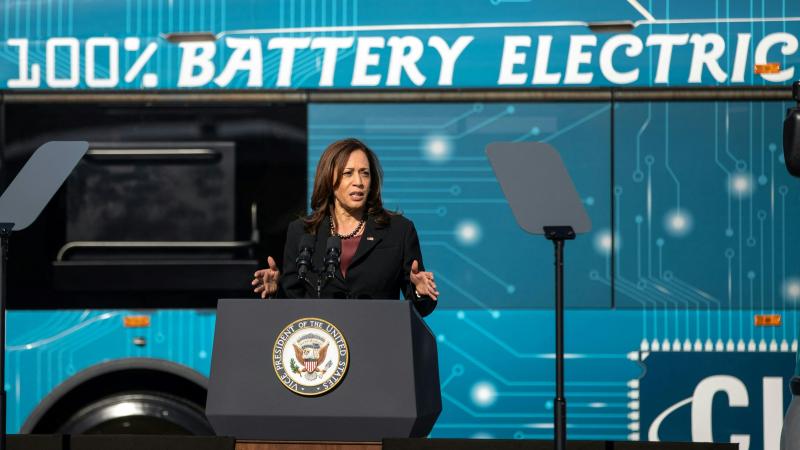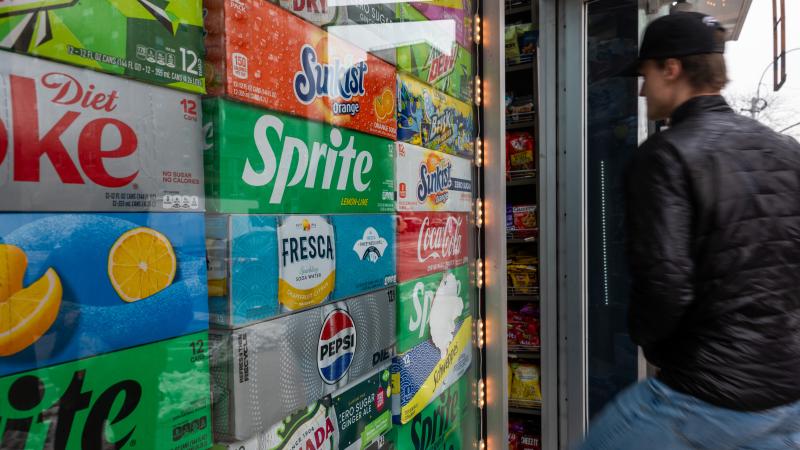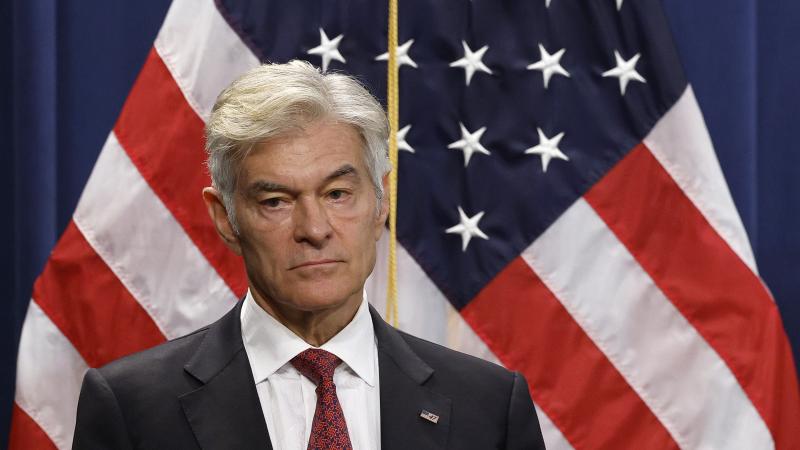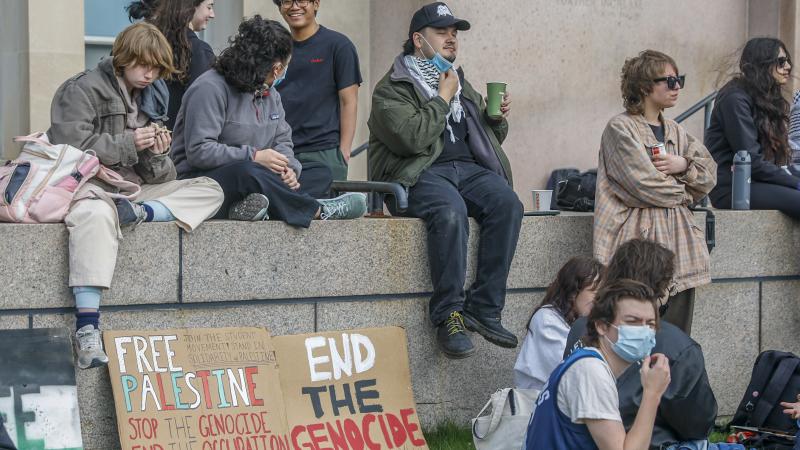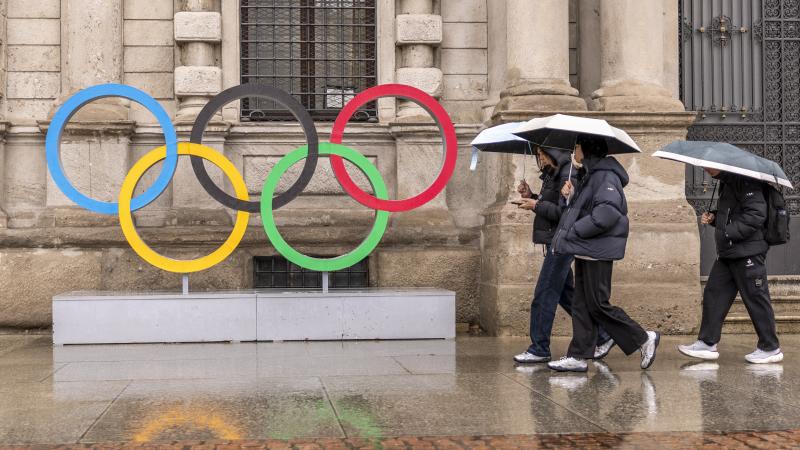American universities look to China playbook on free speech, surveillance
Georgia Tech researchers were involved in data mining "non-public and/or proprietary Internet data" to find Trump-Russia link, Durham docs claim.
The Chinese government's Confucius Institutes have steadily disappeared from American college campuses following concerns from lawmakers, law enforcement and academic freedom groups about spying, censorship and propaganda. Florida even banned them in legislation last year.
But it's not clear whether the Chinese Communist Party (CCP) must buy its way on campus to have similar chilling effects.
George Washington University, which hosted a Confucius Institute for eight years, censored and threatened to punish unknown students who put up Olympics-themed posters criticizing the CCP earlier this month, backing down only after the Chinese dissident artist who created them spoke up.
The administration showed the "same censor-first-inquire-later approach that we have seen from other universities," GWU law professor Jonathan Turley wrote, asking who made the call to tear down the posters.
Law professor John Banzhaf showed Just the News his Monday letter to colleagues asking for discussion of the poster censorship at the next Faculty Senate meeting.
New President Mark Wrighton's supposed apology was so narrowly written that students could still be investigated for subjectively offensive speech, violating GWU's written policies and legally endangering the private university near the White House, Banzhaf warned.
GWU "has a history of violating free speech rights," he wrote, citing incidents involving a Hindu symbol, Palestinian flag and private conversation with the alleged phrase "Jew friends."
The silence from faculty is deafening, Banzhaf told Just the News. "The worst offenders are law professors who should know better, and whose opinions on legal issues will be given much greater weight than those expressed by math [or] physics teachers," he said.
GWU's promised investigation of the anti-CCP posters was spurred by complaints from the Chinese Students and Scholars Association (CSSA) and Chinese Cultural Association (CCA).
CSSA told its members Feb. 4 that the posters had "serious racist views" and "discriminated against Asians," according to the posters' creator, Badiucao. It asked members to sign a letter that would "start a prairie fire" and make the administration "severely punish" students who posted them.
"A classic smear campaign to cancel criticism against CCP via calling it 'racism,'" tweeted the artist, the target of previous attempted CCP censorship. It's not a new tactic of North American CSSA groups.
McMaster University's student government derecognized its CSSA chapter in 2019 for coordinating with the local Chinese consulate to protest and harass a Uyghur activist. The CSSA claimed Rukiye Turdush was inciting "national hatred."
The following year, Indiana University's CSSA claimed a student government virtual event with a Hong Kong activist was "harmful to Chinese students' rights."
Using an image that resembles a Black Lives Matter graphic, the CCA said on a Chinese messaging app that the GWU posters promoted "incitement to racial hatred and ethnic tensions" even while acknowledging the artist was Asian.
The group was particularly upset at a poster that replaced a curling stone with SARS-CoV-2, which "may resonate with racist statements such as the 'Chinese Virus' and the conspiracy theories of artificially created viruses." It also said the timing of the posters was disrespectful to Black History Month.
Badiucao called the groups a "CCP whitewashing operation" that had already succeeded, posting an email from Wrighton that he said was shared on the CSSA's WeChat group. Wrighton said the posters "personally offended" him, would be removed "as soon as possible" and that GWU would search for culprits.
Less than a day after the artist published Wrighton's communications, drawing notice from Sen. Marco Rubio, the president walked back his apology in a message to the community. Wrighton said he reacted "hastily" without knowing the posters' context and he now realizes they were "political statements," not racist.
"There is no university investigation underway," Wrighton said.
If the students who put up the posters were from China or Hong Kong, GWU investigations could have put them and their families "in real peril," the Foundation for Individual Rights in Education said, noting GWU had previously investigated flyers that offended a campus group.
Just a few days after Wrighton's walkback, he disclosed GWU had been secretly tracking the movements of students, faculty and staff using Wi-Fi access points, a common practice of authoritarian governments.
The "data analytics pilot project" last fall, before he became president, was intended to "determine density and use of buildings," the president said. It merged "student-connected device locational data" with "de-identified student data" that nonetheless included "additional descriptors, such as gender."
Wrighton stressed that "though the technical capacity may exist to track individuals across our campus, such a capacity was not utilized nor contemplated in this pilot and no individualized data tracking or movement across our campus was ever shared." A new committee led by the provost will develop policies governing data analytics, notification and consent, he said.
GWU did not answer queries on whether the poster controversy had made it more skeptical of complaints from CSSA and CCA, how it will restrict the tracking of individuals on campus, and whether the closure of its Confucius Institute last year, which remains unexplained, prompted serious internal discussions about its relationship with Chinese authorities and connected entities.
Georgia Tech computer researchers were connected to much higher-level surveillance in Special Counsel John Durham's explosive court filings Friday.
They were tasked with mining "non-public and/or proprietary Internet data" obtained by a technology executive as part of the Hillary Clinton campaign's alleged attempts to establish a "narrative" and "inference" linking Donald Trump's campaign to a Russian bank, Durham charged.
Lawyer Michael Sussman was actually representing the Clinton campaign and executive when he tried to convince the FBI to open a probe of the "purported secret communications channel," according to Sussman's September indictment.
One of the researchers warned the executive that they would "have to expose every trick we have in our bag to even make a very weak association" between Trump and Russia.
Georgia Tech told The College Fix in November that its researchers did their work "in a strictly non-partisan way" and there was "no suggestion … of any wrongdoing" by them. The university told Just the News Monday it had no new statement in response to Durham's filings.
The Facts Inside Our Reporter's Notebook
Documents
Links
- Confucius Institutes have steadily disappeared
- Florida even banned them in legislation
- hosted a Confucius Institute for eight years
- Jonathan Turley wrote
- Hindu symbol
- Palestinian flag
- alleged phrase "Jew friends"
- Badiucao
- previous attempted CCP censorship
- derecognized its CSSA chapter
- Indiana University's CSSA
- Chinese messaging app
- drawing notice from Sen. Marco Rubio
- walked back his apology
- Foundation for Individual Rights in Education
- GWU had previously investigated flyers
- GWU had been secretly tracking
- Special Counsel John Durham's explosive court filings
- Sussman's September indictment
- Georgia Tech told The College Fix


